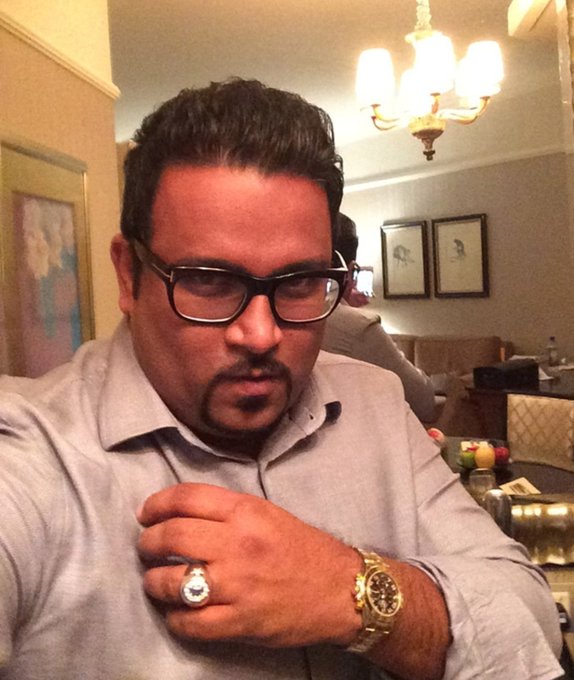MALE’, Maldives — Ahmed Adeeb, the former Maldivian Vice President once deposed in disgrace, is attempting a high-profile comeback, but his tarnished legacy continues to cast a long shadow. Adeeb, who was once at the heart of the Maldives’ political and financial scandals, is now positioning himself as a business consultant and luxury tourism advisor. However, the lifestyle portrait published in the Khaleej Times misleadingly describes Adeeb as “The Man Behind the Maldives,” a title that glosses over the darker side of his story.
The Maldives’ tourism brand, a cornerstone of the nation’s economy, predates Adeeb by decades. While the article focuses on his role as tourism minister, it omits the crucial fact that he was accused of embezzling millions from state coffers. His eventual pardon by former president Ibrahim Solih remains mired in controversy, raising questions about the true motivations behind his release.
During his tenure as tourism minister, Adeeb was accused of greasing the palms of presidents, ministers, MPs, and judges—a troubling reality the Khaleej Times piece conveniently omits. In 2015, Adeeb was implicated in a scheme to siphon millions from tourism lease fees, money meant for the country’s development. His arrest followed accusations of plotting to assassinate then-president Abdulla Yameen, marking the downfall of a man whose rise had been as swift as it was scandalous.
Adeeb’s conviction for corruption and his alleged role in laundering millions through foreign networks drew widespread outrage. Yet in 2019, despite the severity of his charges, he was granted a pardon by President Solih and before that he was transferred to house arrest, in a controversial move, by Solih’s home minister Imran Abdullah, in what critics have labeled a deeply “questionable” process. The move, which many see as politically motivated, allowed Adeeb to walk free in Solih’s lame duck period, leaving many Maldivians to question whether justice had truly been served.
Today, Adeeb finds himself in Bangkok, reportedly acting as an advisor to foreign investors, some of whom are rumored to include Russian businessmen. He has become a frequent visitor to the UAE, where he is said to be rebuilding his network among the wealthy and influential. In his interview with the Khaleej Times, Adeeb glosses over his past, focusing instead on his contributions to the Maldives’ tourism sector and his ongoing advisory work.
His reappearance in the public eye has sparked widespread anger on social media. Maldivians, many of whom recall the millions lost under his stewardship, have taken to Twitter to voice their outrage.
In his latest media appearances, Adeeb hinted that he is providing indirect advice to the Maldivian government, a claim that officials have yet to deny. The government’s unwillingness to confirm or not to confirm these claims only deepens the suspicion surrounding his ongoing activities.
Adeeb’s attempt to rehabilitate his image may find success in foreign markets, but back home, he remains a figure synonymous with corruption and betrayal. His story is one of a man who exploited the nation’s resources for personal gain, leaving behind a trail of unanswered questions. For the Maldives, his resurgence is a reminder of the fragility of justice when political power and wealth collide. The nation, still recovering from the fallout of his actions, watches his resurgence with wary eyes.












